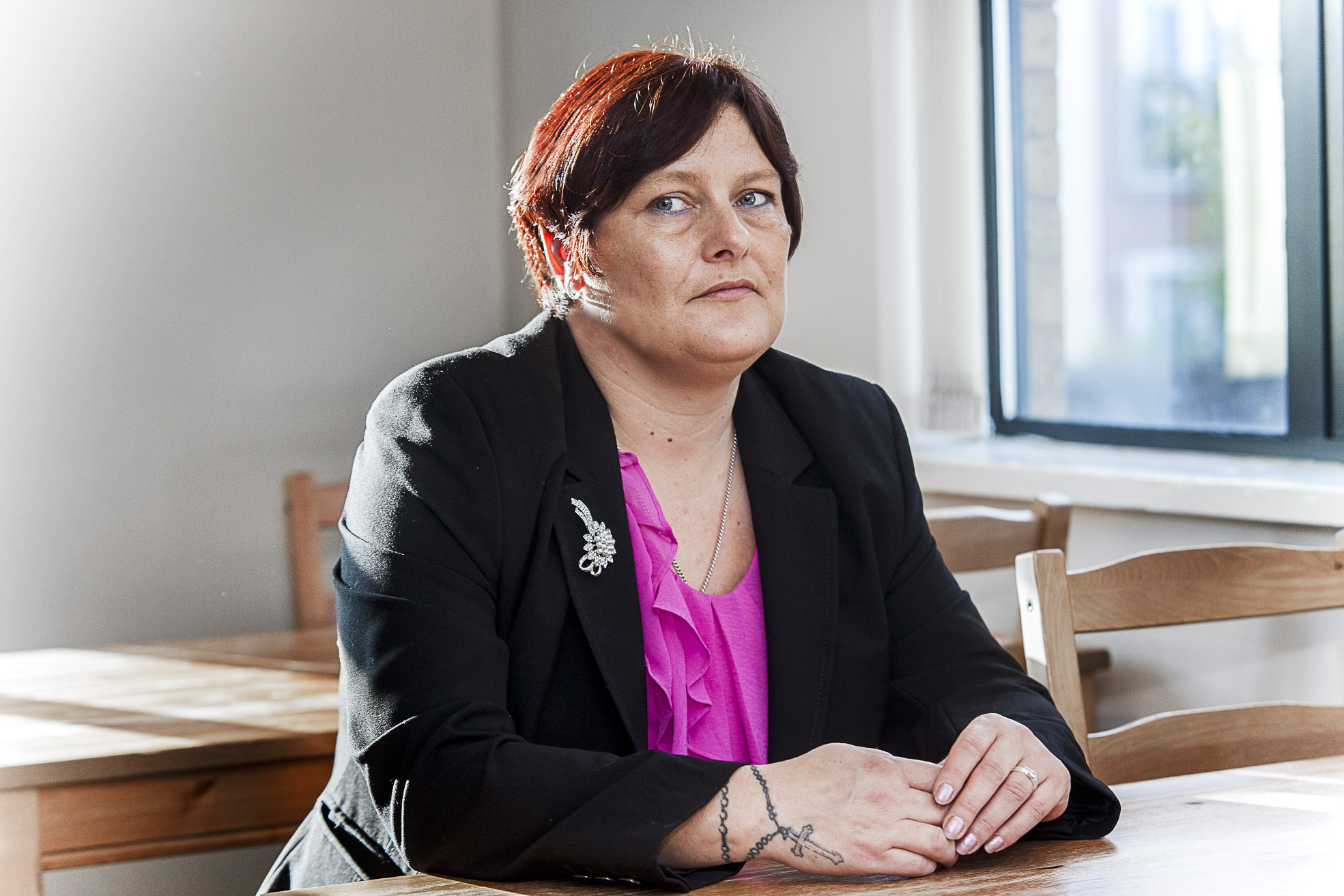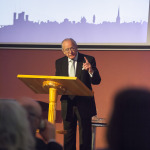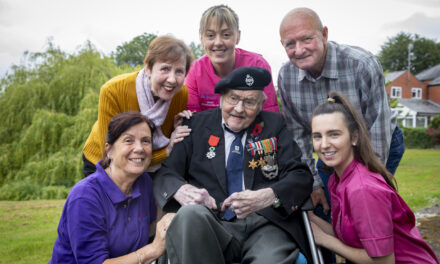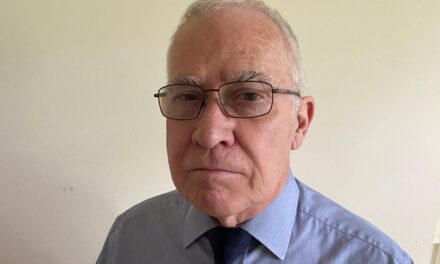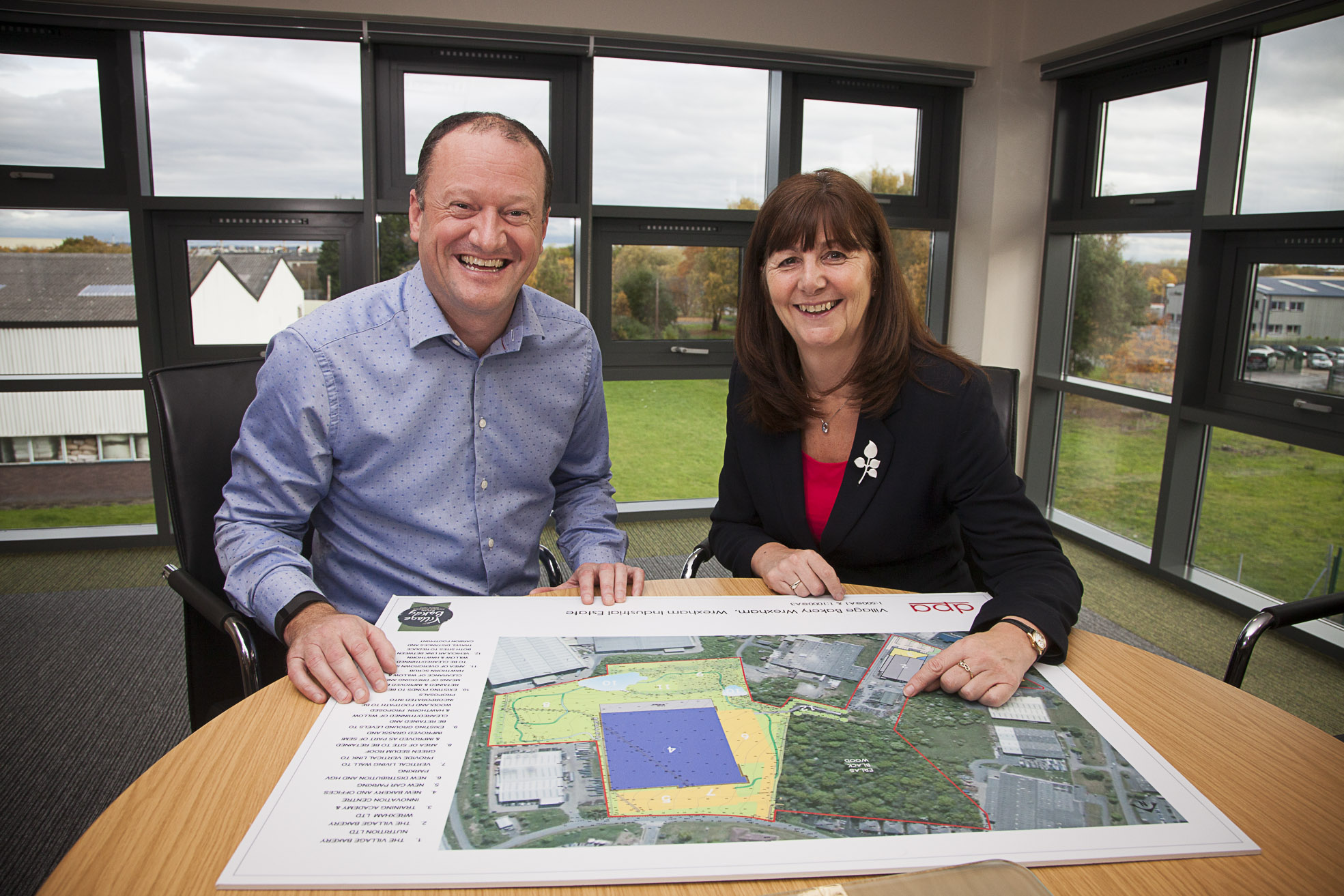A heartbroken mum has told how she went to a prison to confront the man who killed her daughter through dangerous driving.
Kate Morgan, whose 22-year-old daughter, Lona, died in a car crash in 2012, received a standing ovation at a conference organised by North Wales Police and Crime Commissioner Winston Roddick CB QC.
The theme of the event in Old Colwyn was restorative justice which gives victims the chance to meet or communicate with their offenders to explain the real impact of the crime.
The conference brought together North Wales Police along with all the other agencies and partners involved with the victims of crime, the perpetrators of crime and the criminal justice system.
Kate, 45, from Dolgellau, felt compelled to visit the driver Ian Edwards, who was sentenced to three years and nine months in prison after pleading guilty to dangerous driving, because she wanted to ask him questions that only he could answer.
She told delegates that after visiting him at Risley Prison, near Warrington, she’d had a full night’s sleep for the first time since the horrific crash in which Lona lost her life.
Mr Roddick said: “I am full of admiration for Kate for the way in which she was able to explain so eloquently to the conference about the heart-rending experience of losing Lona so tragically and how visiting Ian Edwards in prison had helped her.
“Her touching and powerful story was a perfect example of restorative justice in action where somebody who has suffered as the consequence of crime had been able to gain something positive out of the process.
“The restorative processes give victims the chance to tell offenders the real impact of their crime, to get answers to their questions and an apology.
“Restorative justice holds offenders to account for what they have done, helps them understand the real impact of what they have done and to take responsibility and make amends.”
Lona, who studied hairdressing and health and social care in college, was a back seat passenger in the car driven by Ian Edwards. Her friend, Fay, 27, was a front seat passenger and suffered a broken pelvis and damage to bones in her back in the crash on May 25, 2012.
Kate recalled: “The crash happened on the Bala Road and Ian was racing, there is no doubt about that. He pleaded guilty at the first opportunity.
“The day of the crash had been a lovely day and I had sat with Lona and her friends, including Ian Edwards, who I didn’t really know, in the back garden.
“They left just after 5.30pm and I got a phone call at 7.45pm. I drove to Bala, past queues of traffic. I arrived at the crash site and there was a fireman wearing gloves and a policeman trying to stop me getting closer.
“The car was covered in a tarpaulin. I saw a police officer I knew and said to her, ‘its Lona isn’t it?’ She just looked at me and I just knew, she didn’t have to say a word.
“The police family liaison officer came to see me and really helped.
“After the funeral I went to the crash site and saw the skid marks and where the car had flipped. I had so many questions so I asked to see Ian Edwards in prison.
“It had to go through the right channels and Ian Edwards had to agree to see me. On the morning I did visit him I worded my questions to try to find out what had actually happened.
“Meeting him gave me the chance to look him in the eye and tell him exactly how I feel. It was an opportunity for me to tell him what a Wally he had been. It was a conversation I couldn’t have had in the street. I now feel there is nothing out there I don’t know, no secrets.
“I feel a sense of satisfaction knowing I told him how I feel. I no longer have those unanswered questions.
“It was amazing that after seeing Ian Edwards in prison I went to bed that night and for the first night since the crash I slept all night. Restorative justice was brilliant for me but I do believe that might not be the case for everyone.”
Mr Roddick added: “North Wales Police has been using restorative justice for some time. Its police officers and PSCOs are trained to use the community resolutions prescribed by the restorative justice process.
“It is my job as the Police and Crime Commissioner for North Wales to champion a victim led criminal justice system in North Wales.
“Restorative justice, used correctly and in the right circumstances really can bring a better conclusion to a criminal justice process that brings better satisfaction levels to the victim.”

